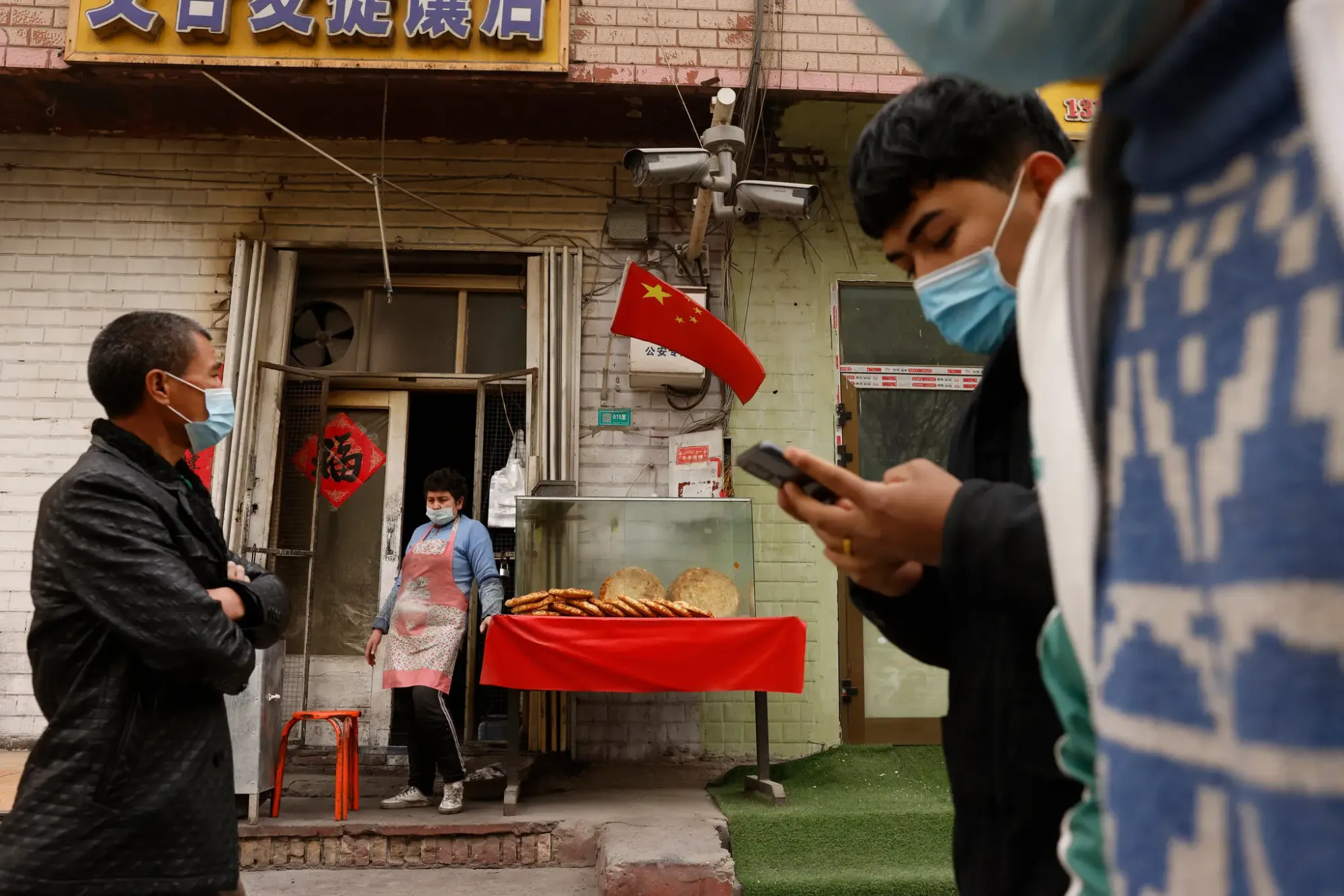Auquan's Weekly Wrap | 3rd-9th September: What you might have missed
Recap of the week's market activity: Chengdu lockdown leads to further production issues, UN report on Uyghurs puts the spotlight on Xinjiang, cooldown in shipping rates points to a potential recession and more

Chengdu lockdowns
Chengdu, a production hub for Apple's iPads and MacBooks, has extended its COVID-19 lockdown measures indefinitely, threatening to bring fresh disruptions to the global supply chain. Chengdu is the manufacturing hub for numerous technology companies and automakers, including Foxconn, Volvo, Volkswagen.
The lockdowns were scheduled to end on Wednesday but will likely last for another week. The extended coronavirus measures come as suppliers have only recently recovered from a wave of power outages linked to droughts in southwestern China.
Guiyang, the capital of southern Guizhou province and a manufacturing base for producers including Geely Auto and battery maker CATL was also placed in a four-day lockdown until Thursday.
Supply chains in focus after UN Says China May Have Committed ‘Crimes Against Humanity’ in Xinjiang

The UN High Commissioner for Human Rights Michelle Bachelet's report has spoken of Xinjiang's serious human rights abuses. This follows the Uyghur Forced Labor Prevention Act (UFLPA) in the US, presuming that 'all goods mined, produced, or manufactured, either wholly or in part, in Xinjiang are presumed to be made with forced labor, and prohibited from entry into the United States.'
Xinjiang plays a key role in fashion (via cotton), solar (via polysilicon) and food (via tomatoes) supply chain, and the report has led to renewed calls for due-diligence by companies to ensure their supply chain isn’t tainted with forced labor Over the last year, Auquan's extensive supply chain coverage has exposed companies with connections to the region - which now could suffer from major operational and social consequences.
- UN Report Accuses China of 'Serious' Rights Abuses in Xinjiang
- U.N. Xinjiang report puts a target on U.S. supply chains
- Calls for EU due diligence reforms grow as UN reveals scale of Xinjiang forced labour
Falling shipping rates indicate global cooldown
Freight rates continue to fall as global trade volumes slow, with Chinese shipper reporting as much as 60% drop in rates.
While freight rates have fallen as congestion linked to Covid-19 eases globally, a lot of the slowdown in container/vessel demand was also due to weaker cargo movement as a result of shrinking demand for goods.
- Chinese shippers face abyss as freight rates plummet 60 per cent from ‘unprecedented’ highs at height of coronavirus pandemic
- Shipping rates are still falling, in another sign that a global recession may be coming
- Shipping Giant CMA CGM Sees Softening of Global Freight Rates
Korea Chip Crisis
4 out of 5 Chip Experts Name Korea Facing Worst Crisis in a Decade
Twenty-four out of 30 chip experts surveyed by the Korean Chamber of Commerce and Industry lobby group responded that Korea faces a threat as serious as, or more severe than, the foray of Chinese chipmakers into the memory chip business in 2016 or the trade war between the United States and the United States. China in 2019. Of the respondents, 13 said the Korean situation was worse than the two lows, while 11 answered that the current Korean threat was just as serious.
Inflationary threat to mining revenues
Mining companies face threats of slowing commodities demand, inflationary pressures
Mr Henry Antwi, a Mining/Mineral Economics Consultant, says mining companies are facing multiple threats of slowing commodities demand and inflationary pressures. He said volatile commodity prices, labour insecurity and diminishing ore reserves and grades had put a spotlight on the return on capital employed in mining projects.
Thank you for reading! Don't forget to subscribe to our newsletter for more!
